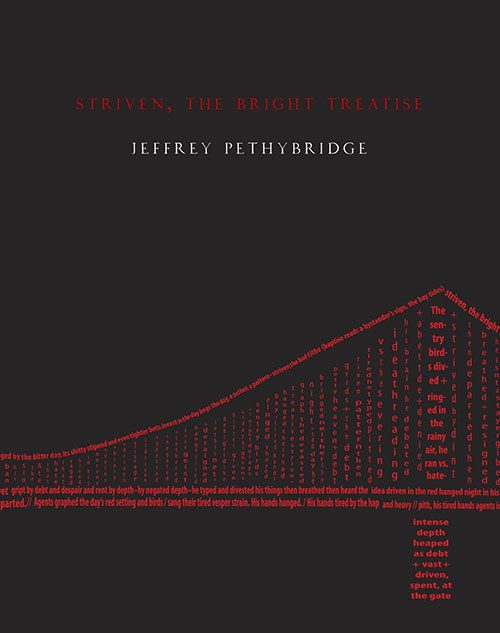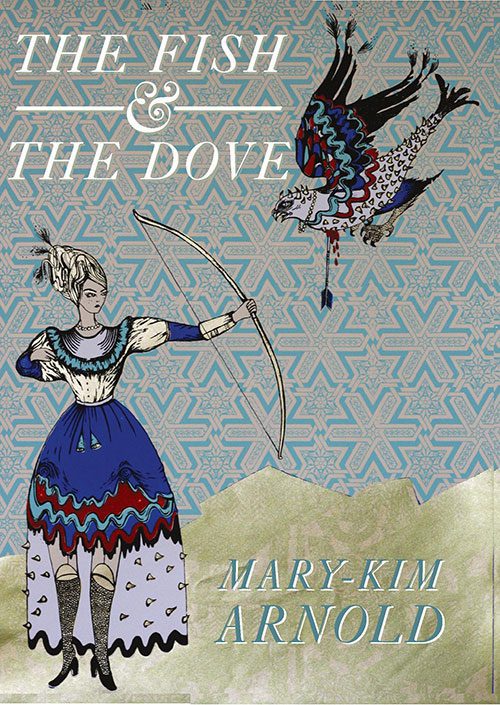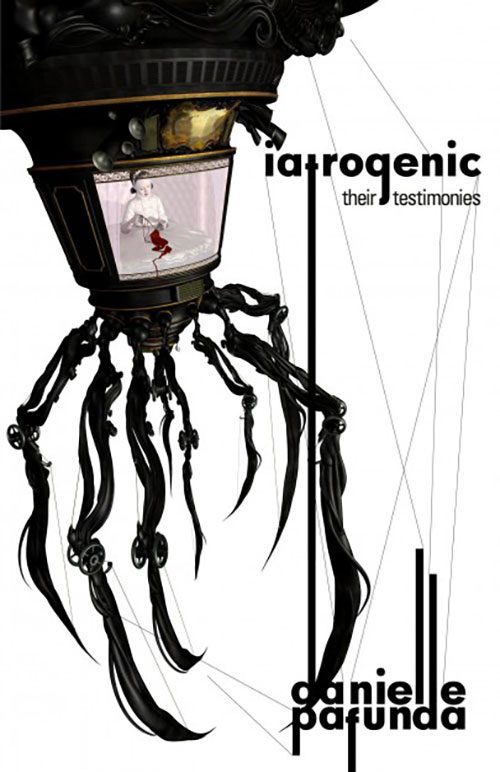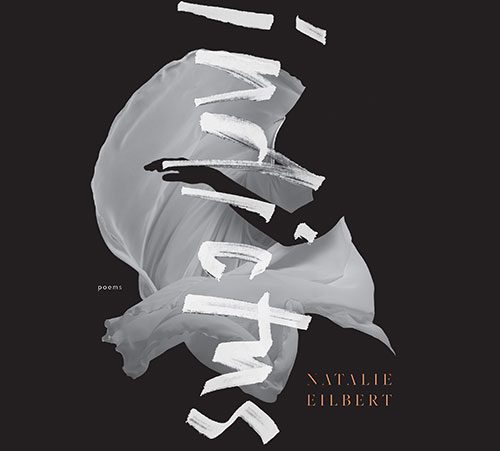Nuclear Deal
by Nilufar Karimi
$9.99 – $18.00
Synopsis
The poems in Nuclear Deal respond to the construction and breakdown of the US-Iran Nuclear Deal and the consequences that follow. Exploring the role of daily language in the formation of neocolonial relationships, Karimi erases—and in this process, makes visible—text from the official agreement, threading through its negative spaces personal histories (and futures) of exchange. In its plight to exist outside of violent and performative cycles of national negotiation, this book challenges both lawmaker and storymaker, and offers translation as a potential resource for exponential witnessing. Nuclear Deal utilizes what it can—loose photographs, book covers, oral tales, fragments of journals and song—then translates and re-translates to react to the inherent fissures in what the original Deal calls an exclusively peaceful plan of action.
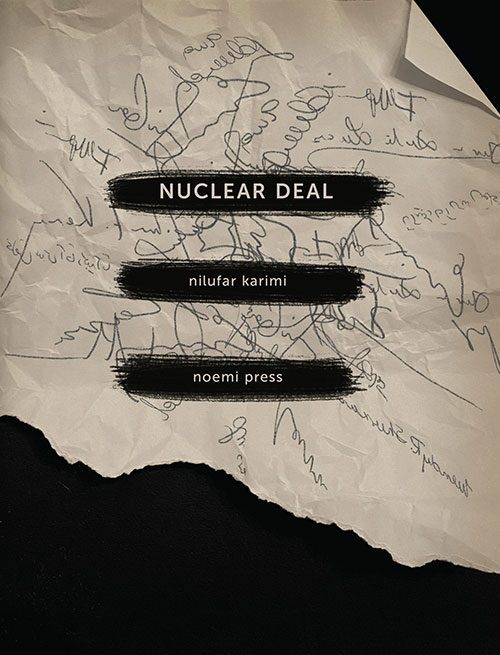
Blurbs
From a potato to a sewing machine, from a desert to a mountain peak, from signs to sanctions, from singers to poets to slaughtered unnamed bodies, every element in Nilufar Karimi’s Nuclear Deal rightfully carries the weight of history. It is not just the poetic complexity and stylistic choices of the collection that pull us in, but also Nilufar’s fresh look into the inseparable ties of the personal and the political. Working with many layers of language, she offers us “worrisome translations” of a family and national tree dispersed across barriers and borders that she simultaneously makes disappear and brings to the surface. Intimate and surprising, Nilufar Karimi’s Nuclear Deal records “the silent parts,” writes “through [the] noise,” but is truly screaming “all jaw” in every word and white space. If you like the poetry of Solmaz Sharif, Khashayar Mohammadi, Aria Aber, Layli Long Soldier, and Natalie Diaz, I hope you do give yourself the gift of Nilufar’s Nuclear Deal as well.
Poupeh Missaghi
I gasped so often reading this astonishing, vivid, searing work. Nilufar Karimi’s Nuclear Deal helps me remember that the memory of terror (and our terrorized memory) is a built feeling, and it demonstrates the ways in which geopolitics provides the blueprints for ossuaries already erected inside our own living bodies. Even as the poems document so many unacknowledged deaths, the people whom Karimi remembers within these pages are constantly palpating their own aliveness through renegotiations of bureaucratic and weaponized language. The poems show us how we carry outrage like a trace— the way the scent of jasmine might be carried— between the breasts. While Nuclear Deal frequently foregrounds the formal and political problem of being Scheherazade, of telling the stories that trap or free us, it also offers a counter argument through conversations with Iranian artists and writers in exile from Marzieh to Fatemeh Ekhtesari. Through acts of defiant translation and inventive storying, this daring poet teaches me something urgent about how to document dolor, and how to disarm silence with song. This book is an audacious light—roshan—a bright, bright gash into what we must, must see.
Divya Victor
author of CURB & KITH
Nilufar Karimi’s Nuclear Deal manifests poetry as the future of our survival measured by how we honor and redeem those who are not permitted to survive, with the act of redemption measured by how radically and intimately we are able to read, aka rewire, the historical record—proliferating against us at violent speeds—in real time. Are Karimi’s poems songs of freedom or free songs? They are both, and beyond: choral, exponential, counter-hegemonic re-humanizations.
Brandon Shimoda
